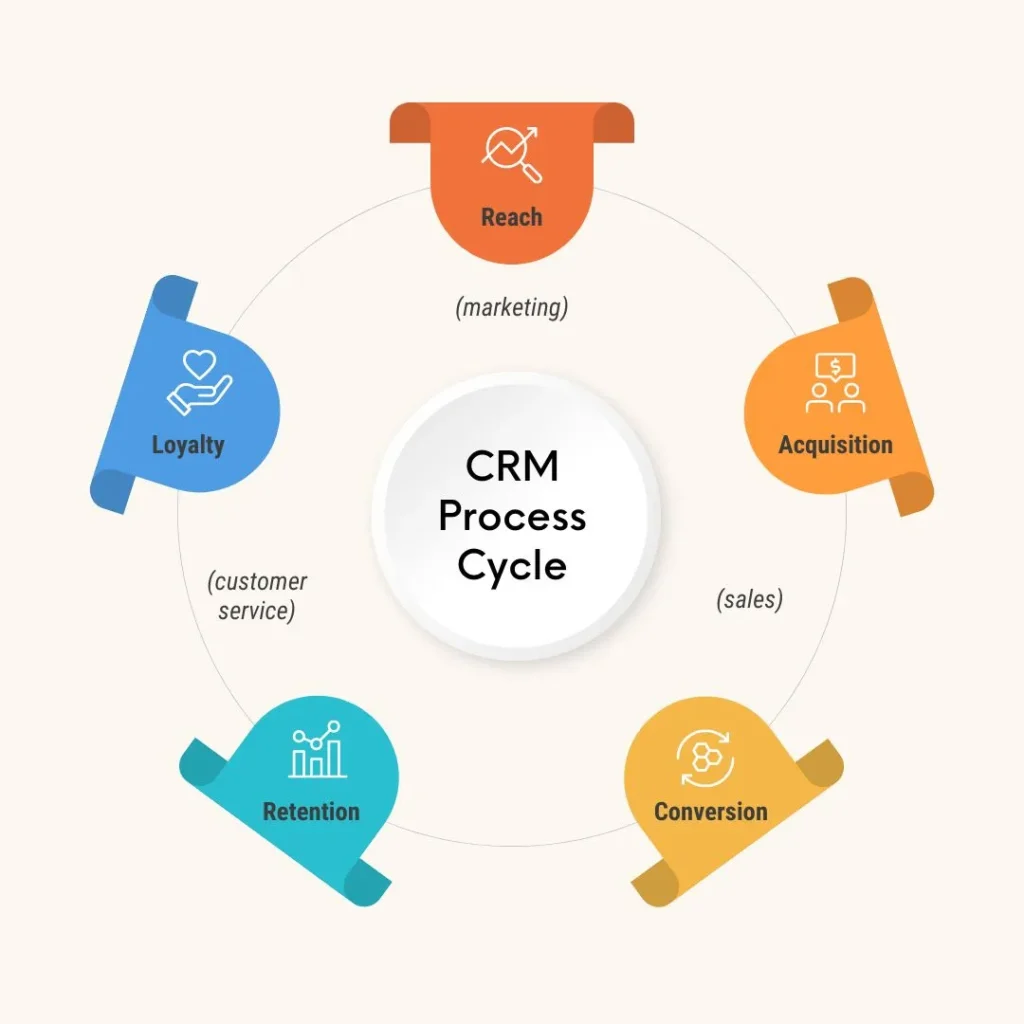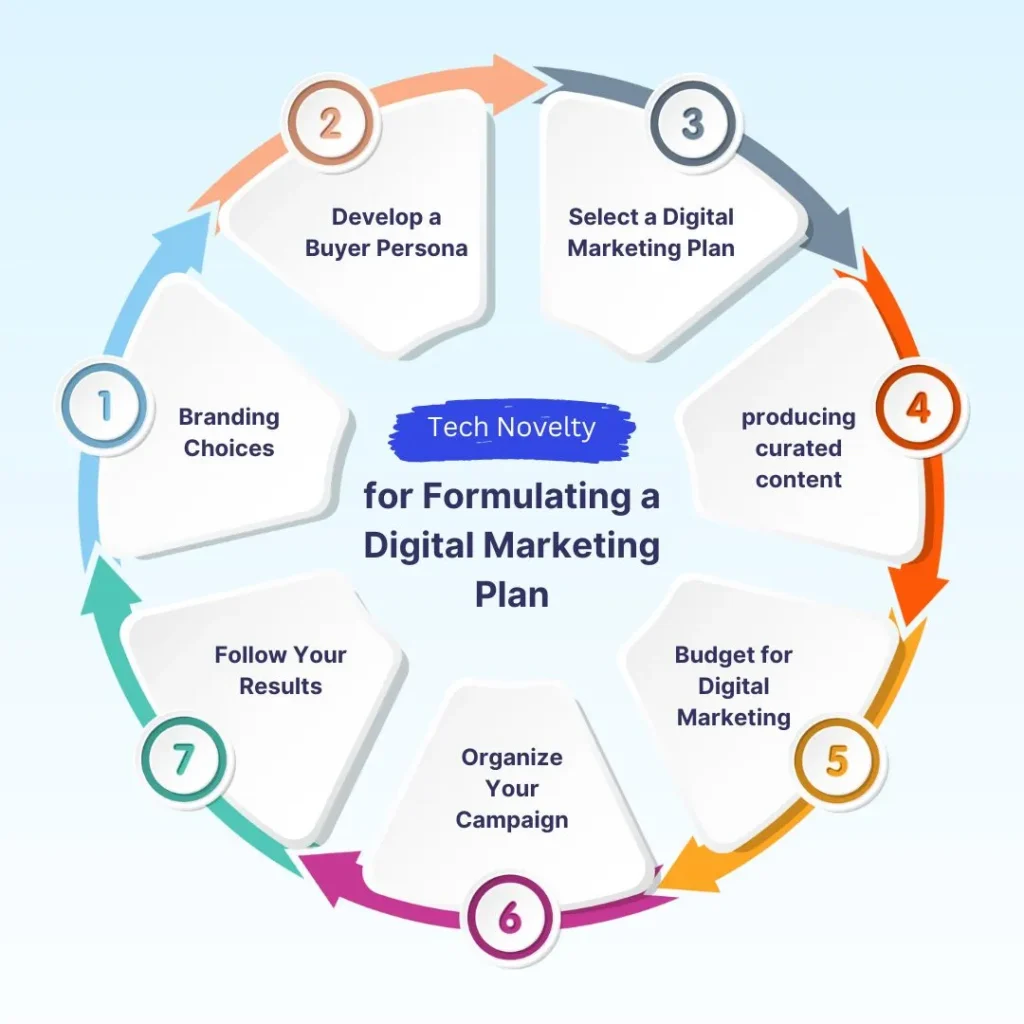Table of Contents
ToggleDigital Transformation Made Simple For Small Business
In today’s rapidly evolving business landscape, digital transformation for small business is not just a trend but a necessity. Leveraging the right technology can unlock new opportunities for growth, and a business technology analyst (BTA) is your guide on this journey. Technology that was once only available to big companies is now accessible to small businesses too. By using digital tools, small businesses can work more efficiently, improve customer service, and increase profits. Whether you’re a business owner, a tech enthusiast, or just starting your journey, this blog will show you how technology can help your business grow.
The Shift Towards Technology in Small Businesses
Over the past decade, there has been a significant shift in how small businesses operate. The role of a BTA is expansive, with a strong emphasis on driving digital transformation for small business to improve efficiency, reduce costs, and enhance competitiveness. Technology has become a crucial driver of success, helping small businesses stay competitive in an increasingly digital marketplace. According to a Gartner study, 79% of small businesses report that adopting new technology has been essential to their business growth. This transition highlights the undeniable importance of integrating tech solutions into everyday operations.
Small businesses that use digital tools are 3.5 times more likely to grow their revenue and create new jobs compared to those that don’t, as noted by Deloitte. This statistic underscores the critical role that technology plays in driving business success. With advancements in various tech fields, even the smallest enterprises can now access powerful tools that were once reserved for larger companies.
Understanding the Role of Technology in Small Business Growth
Importance of Technology in Streamlining Operations
One of the most significant benefits of technology in small businesses is the ability to streamline operations. Cloud computing, for example, allows businesses to store and access data from anywhere, reducing the need for physical storage space and enhancing collaboration among team members. By adopting cloud-based solutions, small businesses can improve efficiency and reduce operational costs.
Technology also helps automate repetitive tasks, freeing up time for employees to focus on more critical aspects of the business. For instance, payroll software can handle employee payments automatically, while inventory management systems can track stock levels in real-time. These automations ensure that operations run smoothly and reduce the likelihood of human error.
The Role of Technology in Enhancing Customer Experience
The journey of Digital Transformation for Small Business comes with challenges such as cybersecurity risks, but it also opens doors for enhanced efficiency and growth. Customer experience is at the heart of any successful business, and technology has revolutionized how small businesses interact with their customers. Customer Relationship Management (CRM) systems enable businesses to manage customer interactions, track sales leads, and analyze customer data to provide personalized experiences. According to Salesforce, cloud technology adoption among small businesses has surged from 37% to 80% over the last decade, highlighting the growing reliance on CRM systems.
Additionally, digital marketing tools allow small businesses to reach a broader audience and engage with customers more effectively. Social media platforms, email marketing, and search engine optimization (SEO) strategies are just a few examples of how technology can help businesses connect with their target audience and build lasting relationships.
Must-Have Technologies for Small Businesses
Cloud Computing

Cloud computing has become a game-changer for small businesses, offering numerous benefits such as cost savings, scalability, and improved collaboration. By moving to the cloud, businesses can access their data and applications from any location, facilitating remote work and enhancing productivity. The flexibility of cloud services also allows businesses to scale their operations up or down based on demand, ensuring they only pay for what they use.
Customer Relationship Management (CRM) Systems

CRM systems are essential for managing customer relationships and improving sales processes. These systems help businesses keep track of customer interactions, identify sales opportunities, and streamline communication. By leveraging CRM software, small businesses can provide personalized experiences, increase customer satisfaction, and boost sales. Unleash the Hidden Potential of Your Customers: Discover CRM Power! (Click Here)
Digital Marketing Tools

In the digital age, effective marketing is crucial for business growth. Digital marketing tools, such as social media management platforms, email marketing software, and SEO tools, enable small businesses to reach their target audience and drive engagement. These tools help businesses create compelling content, monitor campaign performance, and optimize marketing strategies for better results.
Point of Sale (POS) Systems

Modern POS systems go beyond simple transaction processing; they offer inventory management, sales reporting, and customer data collection. By adopting a POS system, small businesses can streamline their sales processes, track inventory levels in real-time, and gain valuable insights into customer behavior. This data-driven approach helps businesses make informed decisions and improve overall efficiency.
Project Management Software

Effective project management is essential for small businesses to stay organized and meet deadlines. Project management software, such as Trello, Asana, or Monday.com, provides tools for task tracking, team collaboration, and progress monitoring. These platforms help businesses manage projects more efficiently, ensuring that all team members are on the same page and working towards common goals.
Overcoming Challenges in Adopting New Technologies
Cost Considerations
While technology offers numerous benefits, the initial investment can be a challenge for small businesses. However, it’s essential to view this investment as a long-term strategy. Cloud computing solutions, for example, typically operate on a subscription basis, allowing businesses to spread costs over time. Additionally, many tech providers offer tiered pricing plans, enabling businesses to choose a plan that suits their budget and scale as needed.
Training and Support
Adopting new technology requires proper training and support to ensure employees can use the tools effectively. Investing in training programs and providing ongoing support can help employees feel confident and competent in using new systems. Additionally, many tech providers offer comprehensive customer support and training resources to assist businesses in the transition process.
Ensuring Data Security
Data security is a top concern for small businesses, especially when adopting new technology. With 60% of small businesses that experience a data breach closing within six months (National Cyber Security Alliance), it’s crucial to prioritize security measures. Implementing robust cybersecurity practices, such as encryption, firewalls, and regular data backups, can help protect sensitive information. Additionally, selecting reputable tech providers that comply with industry standards can further enhance data security.
Case Studies Real-life Examples of Small Businesses Leveraging Technology Successfully
Case Study 1 Café XYZ
Café XYZ, a small coffee shop in a bustling city, leveraged technology to streamline its operations and enhance customer experience. By adopting a modern POS system, the café was able to efficiently manage inventory, process transactions quickly, and collect valuable customer data. Additionally, using a CRM system allowed them to send personalized promotions to their loyal customers, increasing repeat business and customer satisfaction.
Case Study 2 Boutique ABC
Boutique ABC, a small fashion retailer, used digital marketing tools to expand its online presence and reach a broader audience. By implementing an SEO strategy and utilizing social media platforms, the boutique saw a significant increase in website traffic and online sales. The use of email marketing software also helped them stay connected with customers, promoting new arrivals and exclusive offers.
Case Study 3 Tech Solutions Inc
Tech Solutions Inc., a small IT consulting firm, adopted cloud computing to enhance collaboration and improve service delivery. By moving their operations to the cloud, the firm was able to provide remote support to clients, access critical data from anywhere, and scale their services based on client needs. This flexibility allowed them to serve a larger client base and improve overall efficiency. These cases demonstrate the power of Digital Transformation for Small Business, showcasing how a BTA can turn challenges into opportunities through innovative technology solutions.
Key Job Roles in Technical Decision-Making for Business Growth
Chief Technology Officer (CTO)
The Chief Technology Officer (CTO) plays a crucial role in driving a company’s technological innovation and strategy. By staying abreast of the latest advancements, the CTO ensures that the business leverages cutting-edge technologies to remain competitive. The CTO collaborates with other executives to align technology initiatives with the company’s overall goals, making informed decisions on investments in new systems, platforms, and tools that can enhance productivity and drive growth.
IT Manager
IT Managers are responsible for overseeing the technical infrastructure of a business. They ensure that the technology systems are running smoothly, efficiently, and securely. By identifying areas for improvement, implementing upgrades, and managing IT budgets, they make critical decisions that support the company’s operational needs. IT Managers collaborate with various departments to understand their requirements and deploy appropriate technological solutions that contribute to the company’s growth.
Data Analyst
Data Analysts play a pivotal role in informing business decisions through data-driven insights. They collect, process, and analyze large datasets to identify trends and patterns that can influence strategic decisions. By providing actionable insights, Data Analysts help businesses optimize operations, improve customer experiences, and identify new opportunities for growth. Their work ensures that the company’s technology investments are based on solid evidence and potential return on investment. Dive more in Analyst job role and requirements.
Digital Marketing Manager
Digital Marketing Managers leverage technology to enhance the company’s online presence and engage with customers effectively. They use digital marketing tools and analytics to track campaign performance and optimize marketing strategies. By integrating data from various platforms, Digital Marketing Managers make informed decisions on where to allocate resources for maximum impact, driving sales growth and brand visibility.
Cybersecurity Specialist
With the increasing threat of cyberattacks, Cybersecurity Specialists are essential for protecting a business’s digital assets. They develop and implement security protocols to safeguard sensitive information and ensure regulatory compliance. By proactively identifying vulnerabilities and mitigating risks, Cybersecurity Specialists play a key role in maintaining customer trust and operational stability, which are critical for sustained business growth.
By integrating expertise from these key roles, businesses can make well-informed technical decisions that foster innovation, efficiency, and growth.
Future Outlook Trends in Small Business Technology
The future of small business technology looks promising, with several trends set to shape the landscape. Artificial Intelligence (AI) and Machine Learning (ML) are expected to play a significant role in automating tasks, analyzing data, and providing personalized customer experiences. Emerging technologies like artificial intelligence and IoT are integral to digital transformation for small business, and BTAs are key to implementing these innovations successfully. Additionally, the Internet of Things (IoT) will enable businesses to connect and manage devices more efficiently, further streamlining operations.
Another emerging trend is the use of mobile technology. With 65% of small businesses already adopting mobile solutions to improve customer service and increase efficiency (Small Business and Mobile Technology Report), this trend is set to grow. Mobile apps and solutions will continue to provide businesses with the tools they need to stay connected, manage operations, and engage with customers on the go.
Conclusion : The Necessity and Benefits of Integrating Technology in Small Business Operations
Integrating technology into small business operations is no longer optional; it’s a necessity for staying competitive and ensuring long-term success. From streamlining operations and enhancing customer experience to overcoming challenges and leveraging the latest trends, technology offers numerous benefits for small businesses.
By adopting the right tools and strategies, small businesses can improve efficiency, make informed decisions, and drive growth. If you’re ready to take your business to the next level, consider exploring the various technologies discussed in this blog post and see how they can transform your operations.
Are you ready to leverage technology for your small business? Start by evaluating your current systems and identifying areas where technology can make a difference. Remember, the right tech solutions can help you achieve your business goals and stay ahead of the competition.

[…] SaaS for Growing Businesses […]
[…] and selling digital products presents an exciting opportunity for entrepreneurs and organizations. By understanding your […]
[…] a necessity for small businesses aiming to stay competitive and grow. One key player in this digital transformation is the business technology analyst (BTA). But how exactly can a BTA help your small business […]
cloud computing challenges and opportunities for the public sector play a crucial role in shaping digital transformation efforts. By addressing security concerns, compliance requirements, and workforce readiness, public